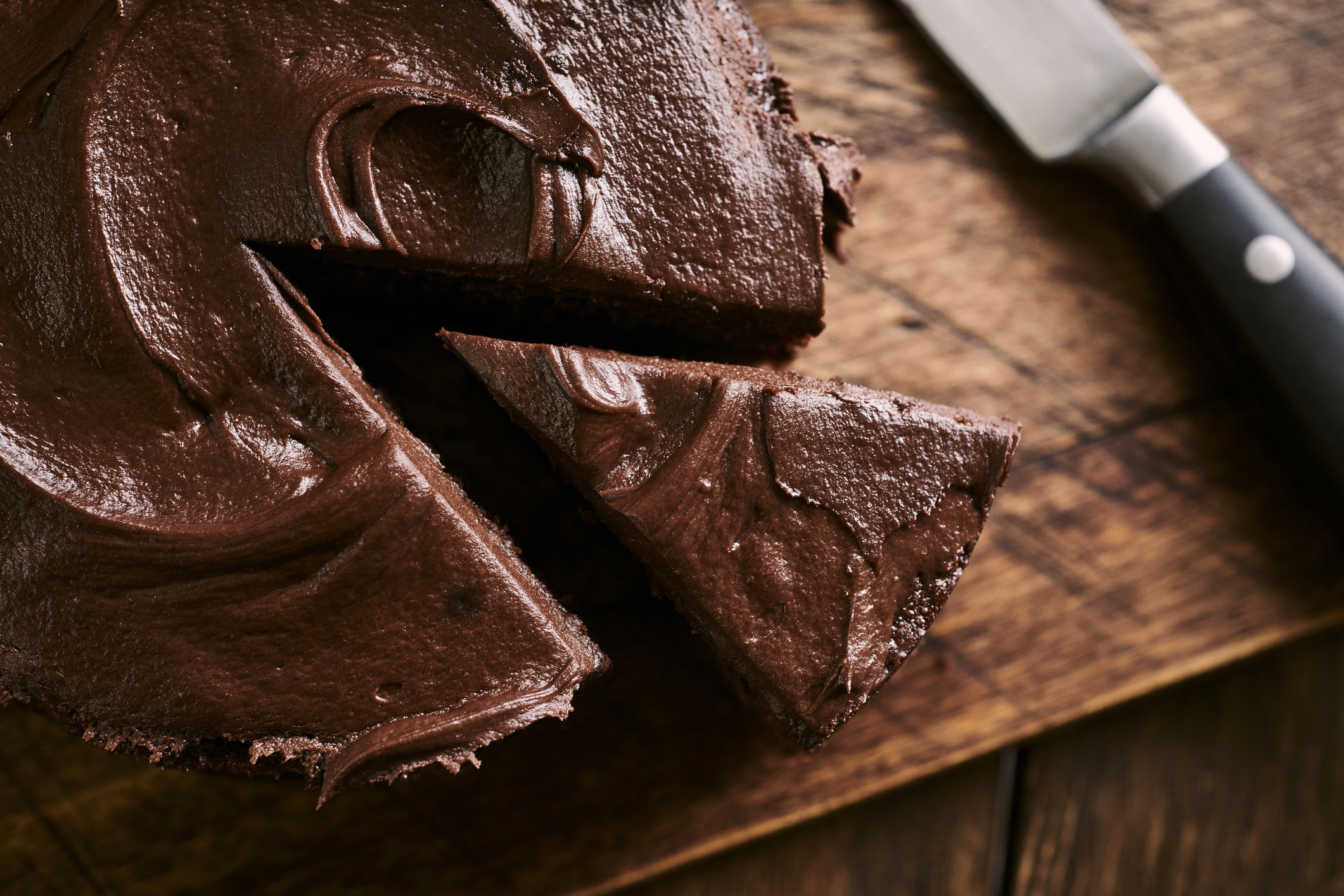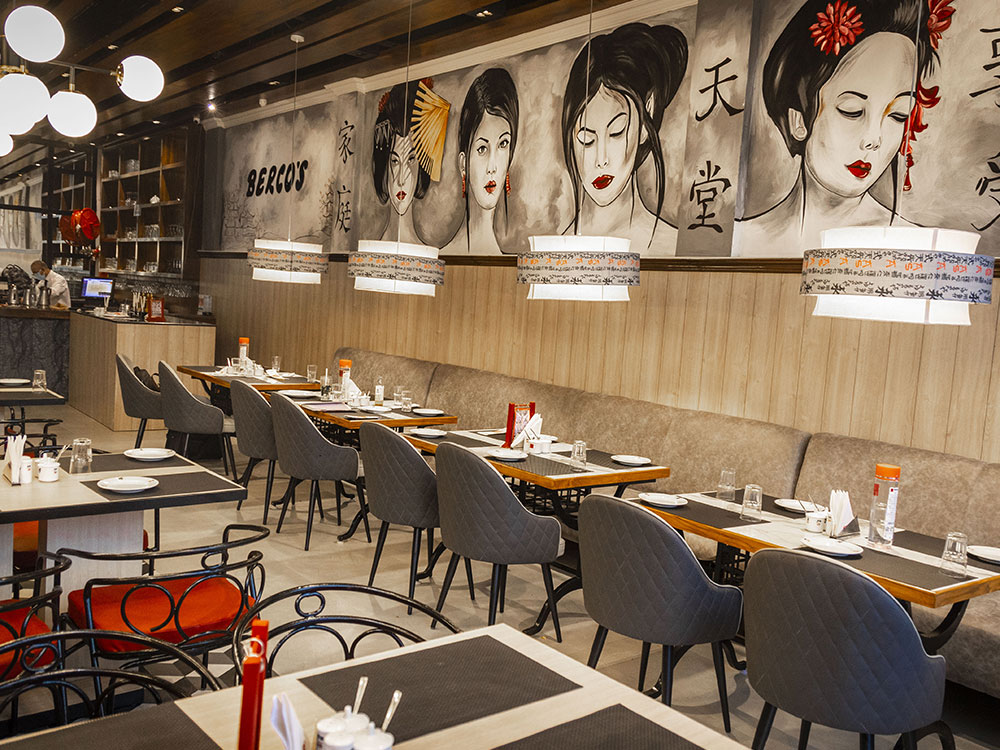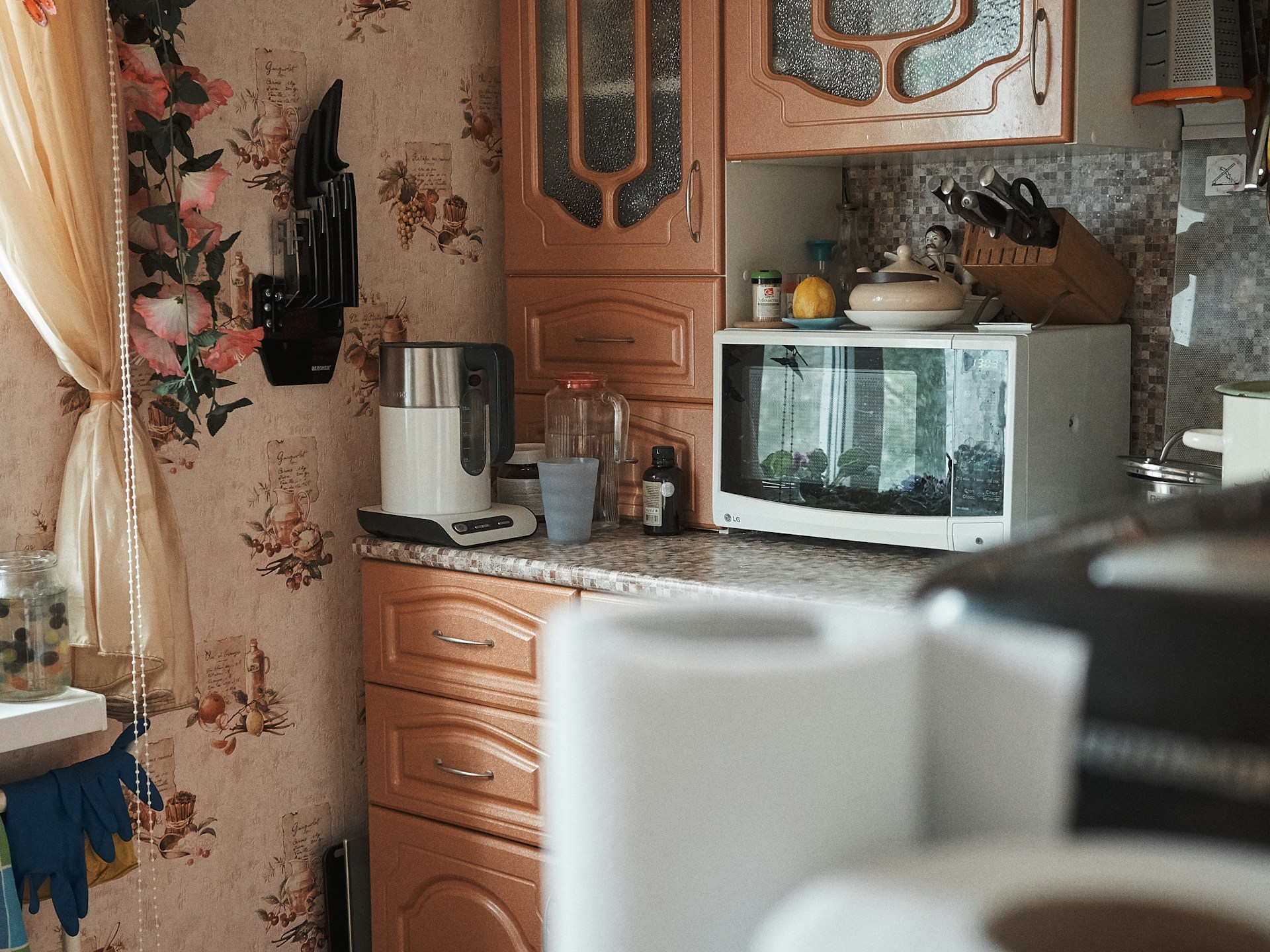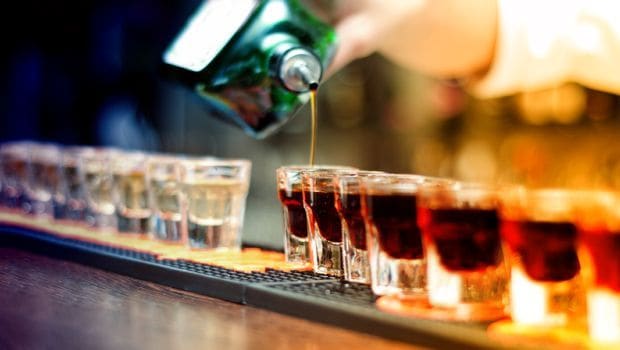According to a research published in an online journal, Nutrition Reviews, alcohol consumption in combination with energy drinks can be riskier than consuming alcohol alone. "Consumption of these mixed beverages is frequent, especially in young and underage drinkers, and compared with alcohol alone, their use is associated with elevated rates of binge drinking, impaired driving, risky sexual behavior, and risk of alcohol dependence," noted the study. Regular consumption of the combination may also lead to decreased perception of the intoxicated state. The effects of intoxication were stronger in those who believe that energy drinks boost the effect of liquor, said another the study published online in the Journal of Consumer Psychology.
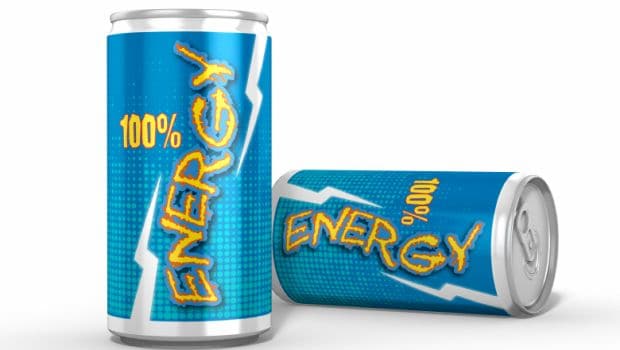
When premixed alcoholic beverages hit the American market, there was a sharp increase in the demand. Many underage as well young adults landed up in the emergency ward reporting high instances of intoxication. It was then when the US FDA prompted an inquiry into the probable health hazards of energy drink based cocktails. It was found that caffeine was the inappropriate content in energy drinks that didn't go quite well when mixed with alcohol. "The FDA sent warning letters to the manufacturers of such premixed alcoholic beverages asking for their own scientific evidence that the addition of caffeine and other stimulants to alcohol was generally recognized as safe.10 Manufacturers of these products promptly responded to the warning letters by voluntarily removing caffeine and other stimulant ingredients from their alcoholic beverages," cited the study that was published in the online journal Nutrition Reviews.
"Essentially, when alcohol is mixed with an energy drink and people are aware of it, they feel like they're more intoxicated simply because the marketing says they should feel that way," lead author Yann Cornil, Assistant Professor of the Sauder School of Business, University of British Columbia, in Canada was quoted by IANS.
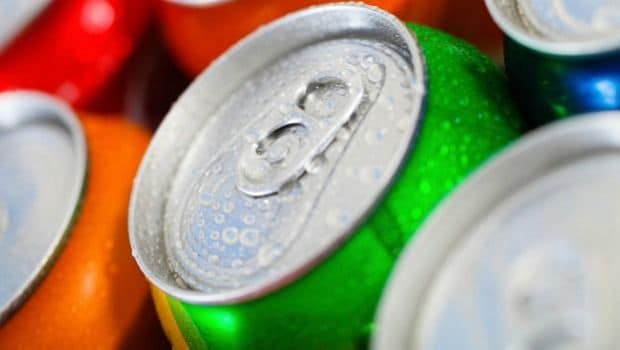
The study conducted at the Paris-based INSEAD Sorbonne University Behavioural Lab involved 154 young men. The study participants were told they would drink a cocktail of an energy drink, vodka and fruit juice. Although all drinks had the same ingredients, they had different labels: Red Bull and vodka, a vodka cocktail or a fruit juice cocktail. The effect of the label alone on participants' self-assessment of intoxication was remarkable.
Researchers found that participants who believed they were drinking an energy drink and alcohol cocktail were more likely to believe themselves quite drunk and uninhibited.
Labeling the same cocktail as vodka and Red Bull increased perceived intoxication by 51 per cent, compared to labeling it a vodka cocktail or a fruit juice cocktail. It also increased the young men's intentions to approach and "chat up" women, and their confidence that they would welcome it. Finally, it led also to more risk-taking in a gambling game. All these effects were stronger for the participants who most strongly believed that energy drinks boost the effects of alcohol and that being intoxicated reduces inhibitions and increases risk-taking.
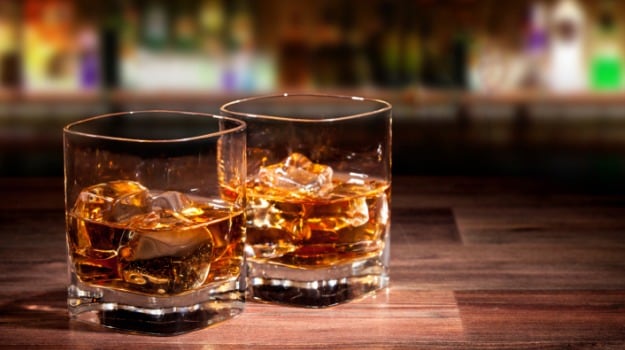
This study showed that there is a causal effect of mixing alcohol and energy drinks on perceived intoxication and real behaviours driven by the expectation that energy drinks boost the effects of alcohol, rather than the contents of the cocktails. According to the researchers, the findings highlight a need for policymakers and consumer protection groups to re-examine how energy drinks are advertised and labeled.Inputs from IANS
